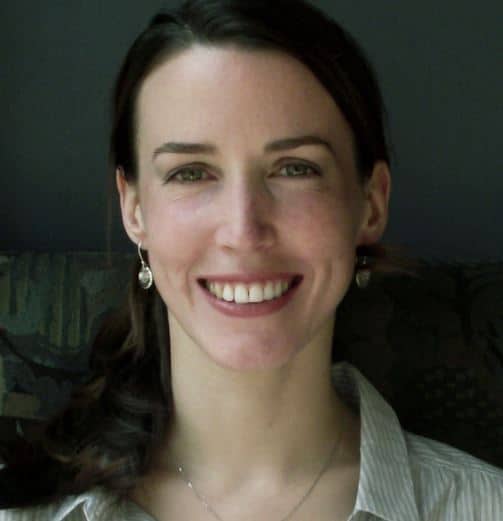Image Adjustment Previews
Horizontal, vertical and tint adjustment for website image ratios. Hover over images for tint preview.
Image orientation: portrait
Image ratio: 1/1
Square (1:1)

- Horz. alignment: 50%
- Vert. alignment: 50%
- Overlay tint: 0%
Classic (4:3)

- Horz. alignment: 50%
- Vert. alignment: 50%
- Overlay tint: 0%
Camera (3:2)

- Horz. alignment: 50%
- Vert. alignment: 50%
- Overlay tint: 0%
Widescreen (16:9)

- Horz. alignment: 50%
- Vert. alignment: 50%
- Overlay tint: 0%
Cinema (21:9)

- Horz. alignment: 50%
- Vert. alignment: 50%
- Overlay tint: 0%
Mobile (Fullscreen)

- Horz. alignment: 50%
- Vert. alignment: 50%
- Overlay tint: 0%